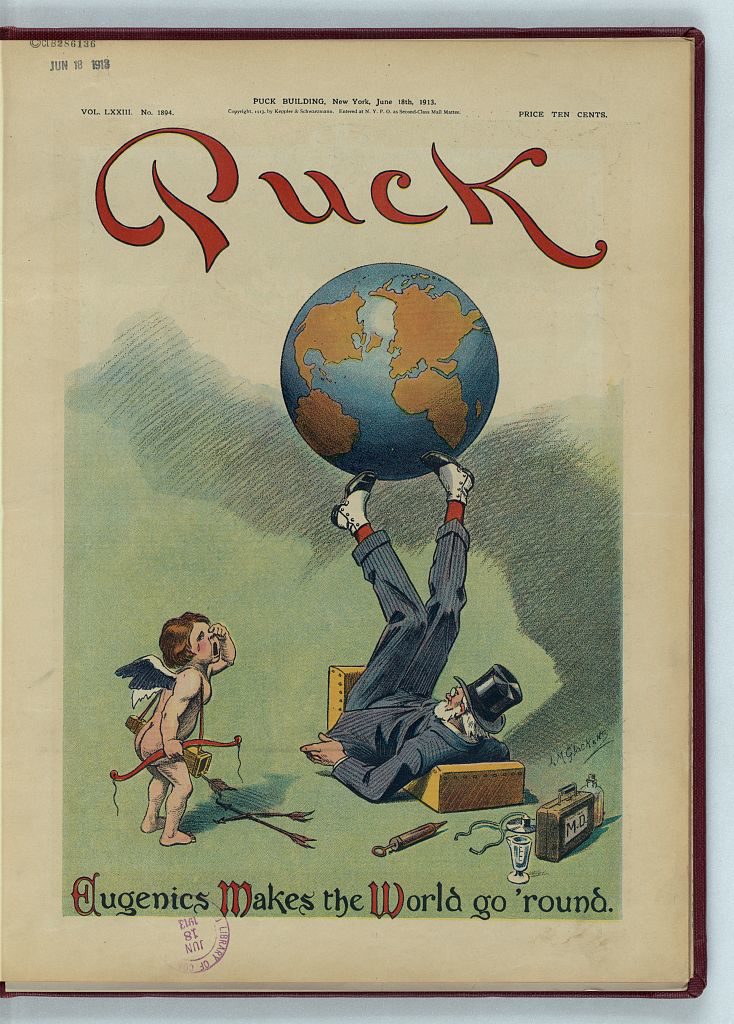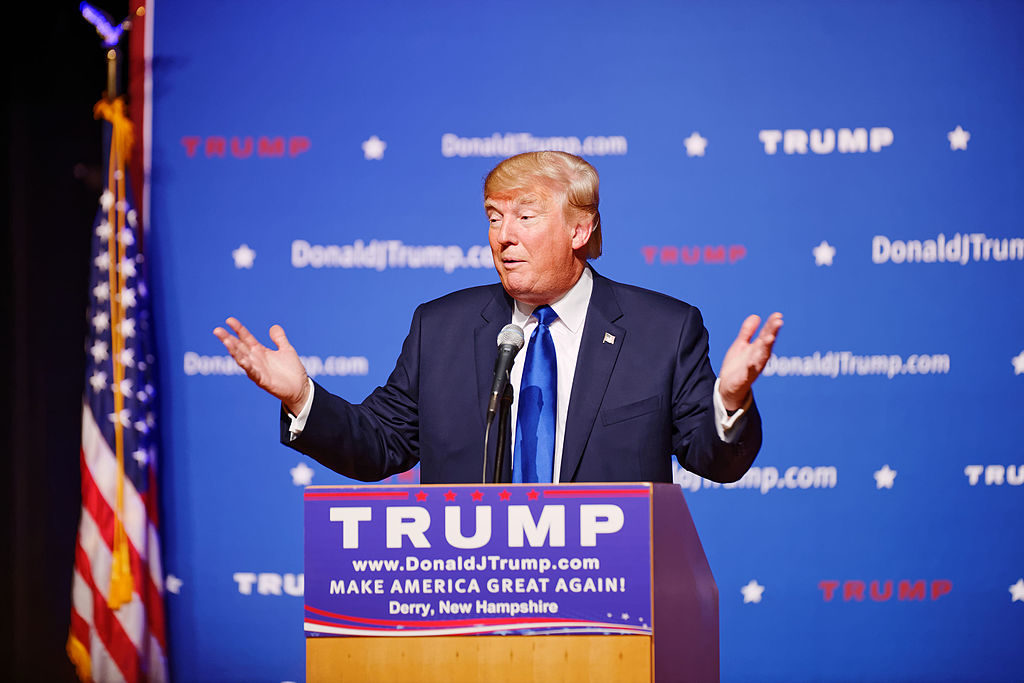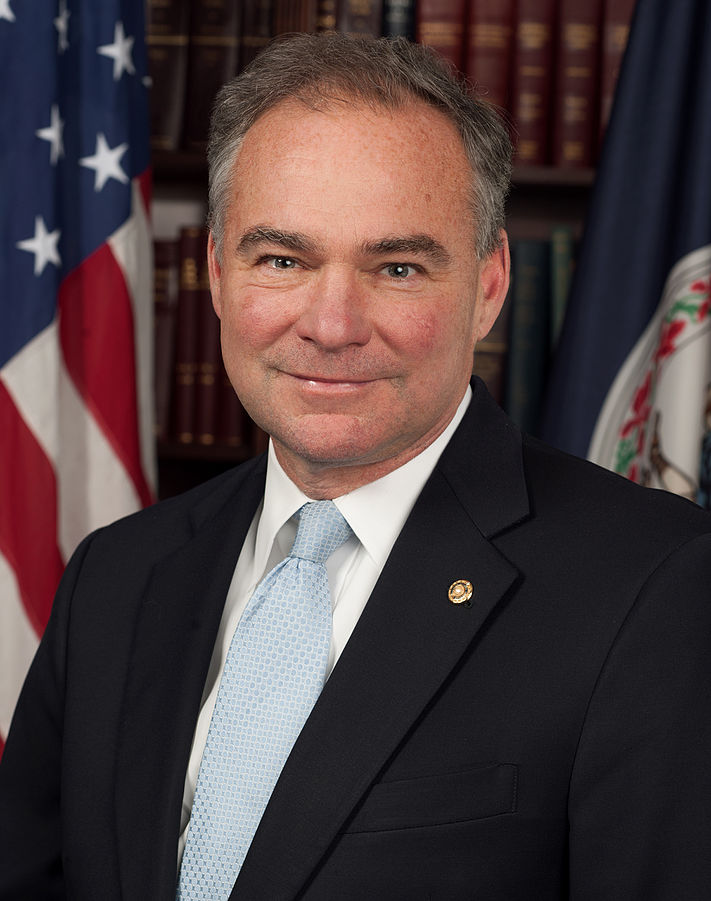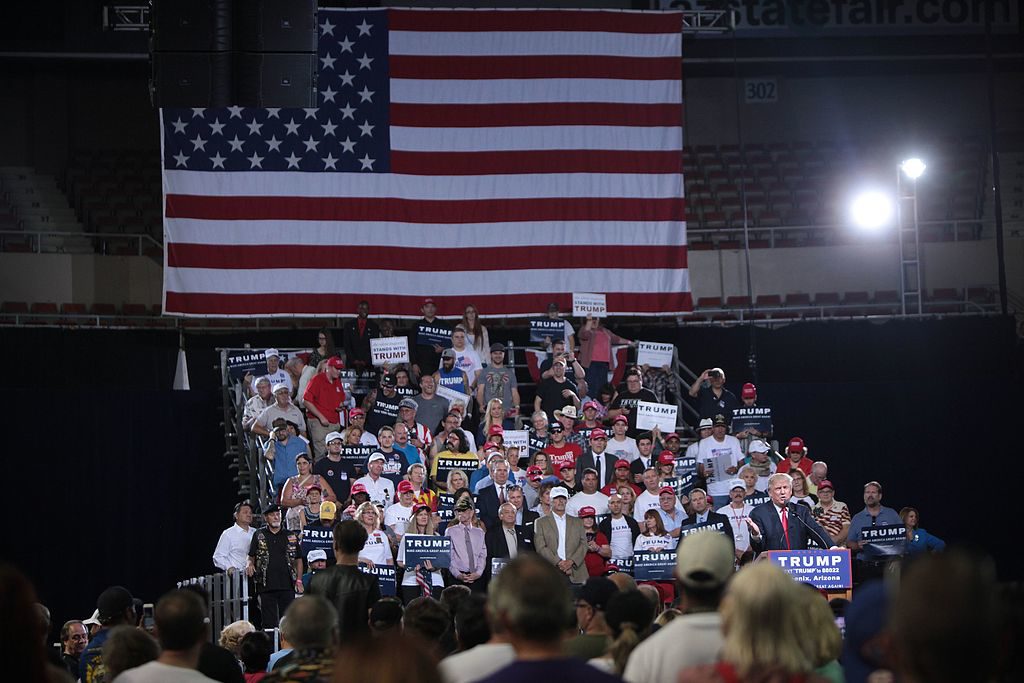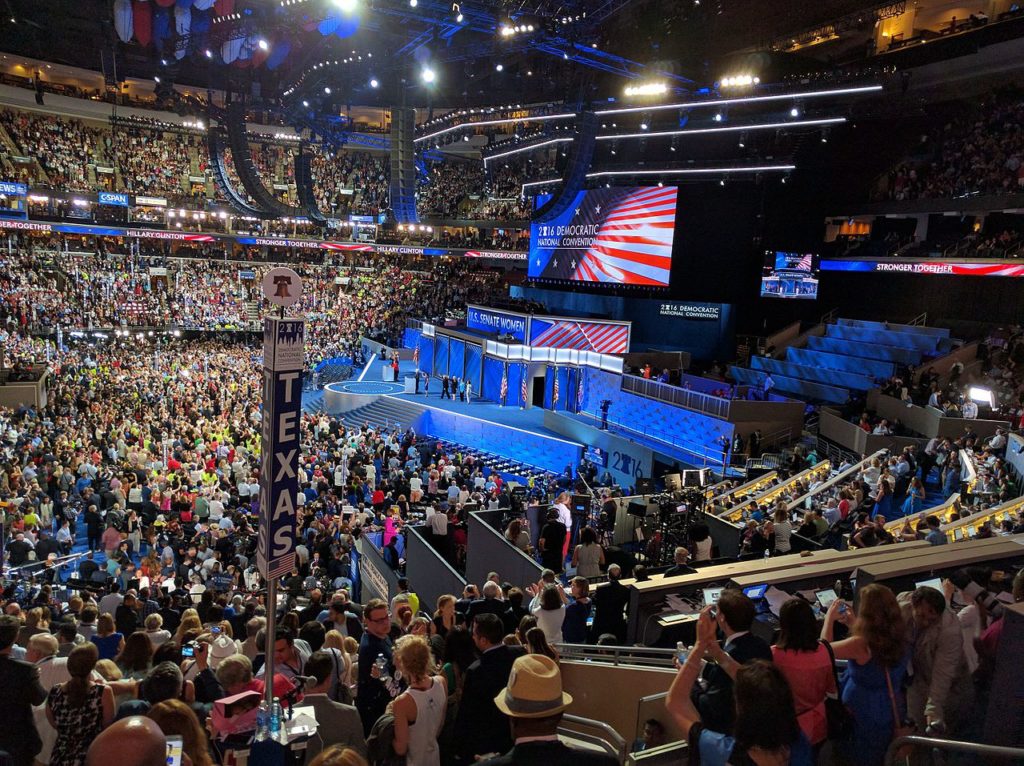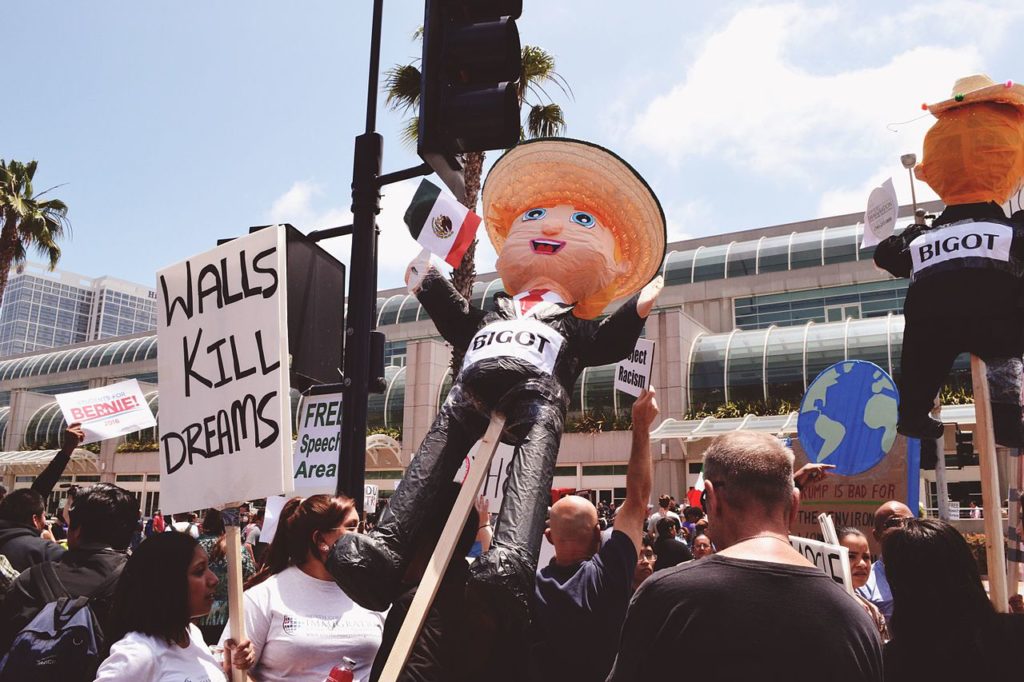On Friday April 14, 2017, Iowa representative Steve King was a guest on Iowa Press, an Iowa public television political show. The interviewer, Kay Henderson, pressed King on criticisms that he was a racist. In response, King defended earlier statements he made with a lengthy discussion on declining fertility rates in the Netherlands and the United States. He clarified that Western nations and the U.S. were no longer meeting their replacement levels (according to him 2.15 children per mother). This was to their detriment. “If you believe in Western Civilization and you believe in the American dream and the American civilization, then we ought to care enough to reproduce ourselves,” he explained.
Henderson did not press King on his notion that civilization—a compendium of institutions, social customs, laws, economic systems, and cultural productions—could be passed on only through sexual reproduction and birth. King was asserting that civilization was genetically inherited, not learned or shared. That is, King believes that white American babies are born with a biologically determined knowledge of the English language and capitalism.
